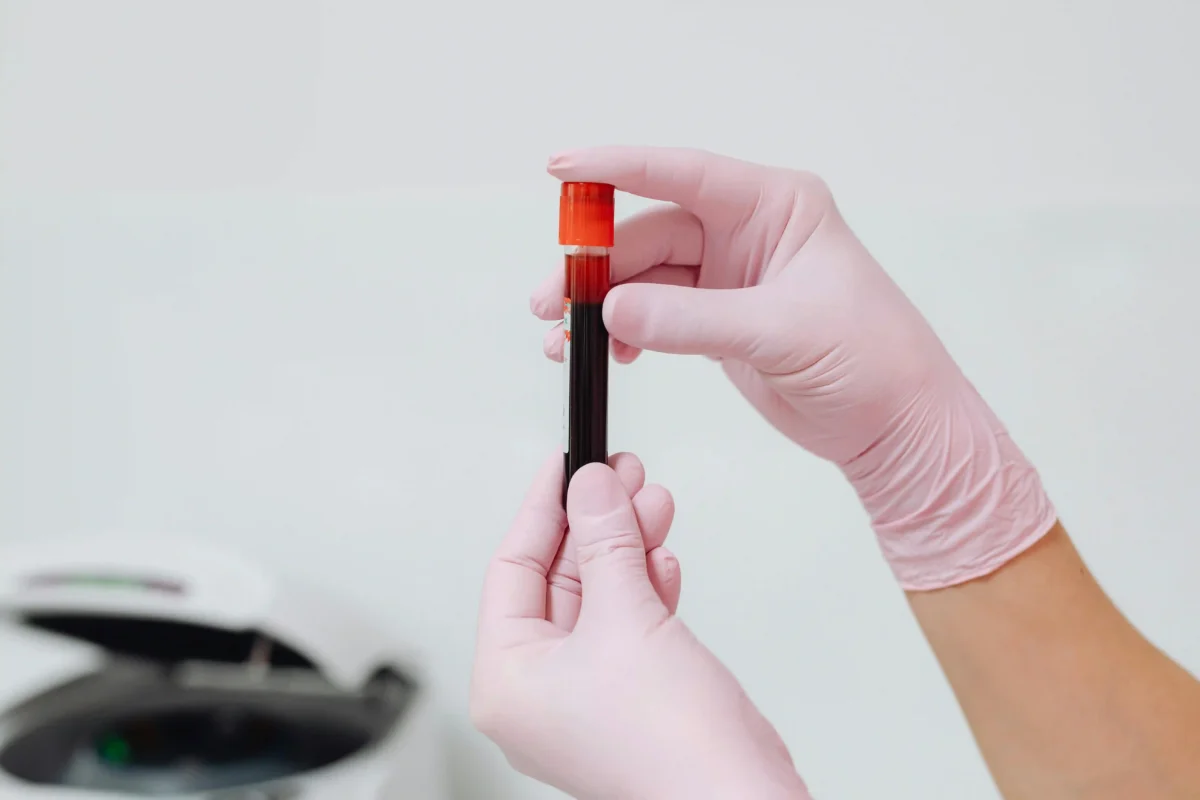Clinical research drives the discovery of new therapies, diagnostics, and medical devices. For this process to contribute meaningfully to medicine, it must be carried out under strict standards that protect participants and ensure the accuracy of results. At the center of these standards is Good Clinical Practice (GCP), a globally recognized framework that defines how trials should be designed, conducted, and reported. For Contract Research Organizations (CROs), sponsors, and investigators, GCP is not only a regulatory requirement but also the foundation of ethical research.
What Are Good Clinical Practices?
Good Clinical Practices are a collection of internationally accepted ethical and scientific quality standards. They are primarily based on the International Council for Harmonisation (ICH) guidelines, known as ICH-GCP E6, and are recognized by regulators worldwide.
The purpose of GCP is twofold:
- To protect participants: safeguarding their rights, safety, and well-being throughout a trial.
- To ensure reliable data: producing credible results that regulators, physicians, and patients can trust.
By establishing a standardized framework, GCP creates consistency across countries and institutions, reducing variability and ensuring that clinical research adheres to universal ethical and scientific benchmarks.
What Is Good Clinical Practice in Research?
In research, good clinical practice translates into structured processes that guide every stage of a trial. GCP ensures that research activities are transparent, ethical, and scientifically sound.
Key applications include:
- Informed consent: Participants must be fully informed about the study’s purpose, potential risks, and alternatives before enrollment.
- Protocol compliance: Researchers must follow approved protocols without unauthorized deviations.
- Data management: All information must be recorded accurately, traceable to the source, and stored securely.
- Oversight: Ethics committees and regulatory authorities supervise the trial to confirm that standards are met.
In short, GCP in research means creating a trustworthy environment where science advances without compromising participant welfare.
What Are the Three Main Principles of Good Clinical Practice?
Although GCP guidelines are detailed and technical, they can be distilled into three central principles:
- Ethical Conduct
The rights, safety, and dignity of trial participants must always come first. This principle ensures that research never prioritizes scientific results over human well-being. - Scientific Validity
A clinical trial must be scientifically sound, with a clear rationale and methodology. Research should be justified, designed to answer relevant questions, and reviewed by independent ethics committees. - Data Integrity and Transparency
Every aspect of a trial must be documented with accuracy and transparency, ensuring that results can be independently verified and reproduced.
What Are the Guidelines of Good Clinical Practice?
The ICH-GCP guidelines provide detailed instructions for investigators, sponsors, and ethics committees. These are some of the most critical requirements:
- Protocol adherence: Trials must follow a predefined protocol that has been ethically reviewed and approved.
- Informed consent: Participants must voluntarily agree to join the study, with full understanding of risks and benefits.
- Safety monitoring: Adverse events and side effects must be carefully documented and reported in compliance with regulatory timelines.
- Investigator responsibilities: The principal investigator is responsible for participant care and trial conduct at the study site.
- Sponsor responsibilities: Sponsors must oversee monitoring, quality assurance, and data management throughout the trial.
- Data integrity: All records must be complete, accurate, and stored securely, with audit trails available for regulators.
Why Good Clinical Practice Matters
The importance of GCP goes far beyond regulatory compliance. Without these standards, clinical research risks becoming unreliable, unethical, and even harmful. The consequences of not following GCP includes the following:
- Compromised patient safety: exposing participants to unnecessary risks.
- Unreliable results: generating data that cannot be used to support regulatory approval.
- Regulatory penalties: leading to study suspension, rejection of trial data, or legal action.
By contrast, adherence to GCP fosters trust among regulators, healthcare providers, and patients. It reassures the public that research is conducted responsibly and that new therapies are both safe and effective.
Conclusion
Good Clinical Practice is essential to the ethicality and effectiveness of clinical research. By answering questions like what is good clinical practice in research and what are the guidelines of GCP, it becomes clear that these standards are essential to both participant protection and scientific progress.
For CROs, sponsors, and investigators, adherence to GCP is very essential when conducting clinical research.
Contact us at ClinMax today, and let us help you.

